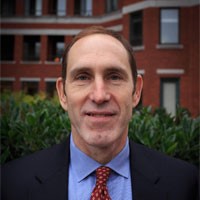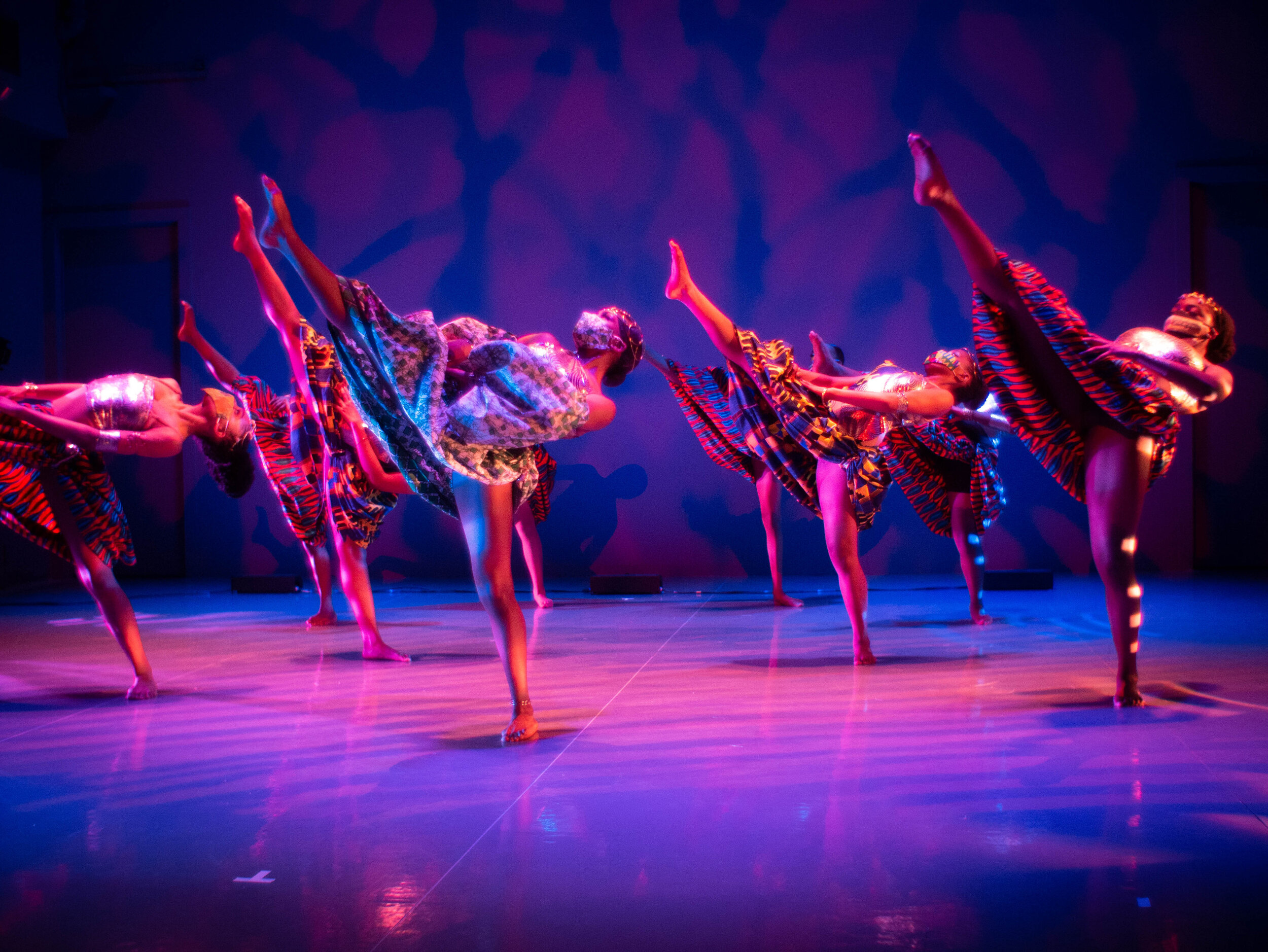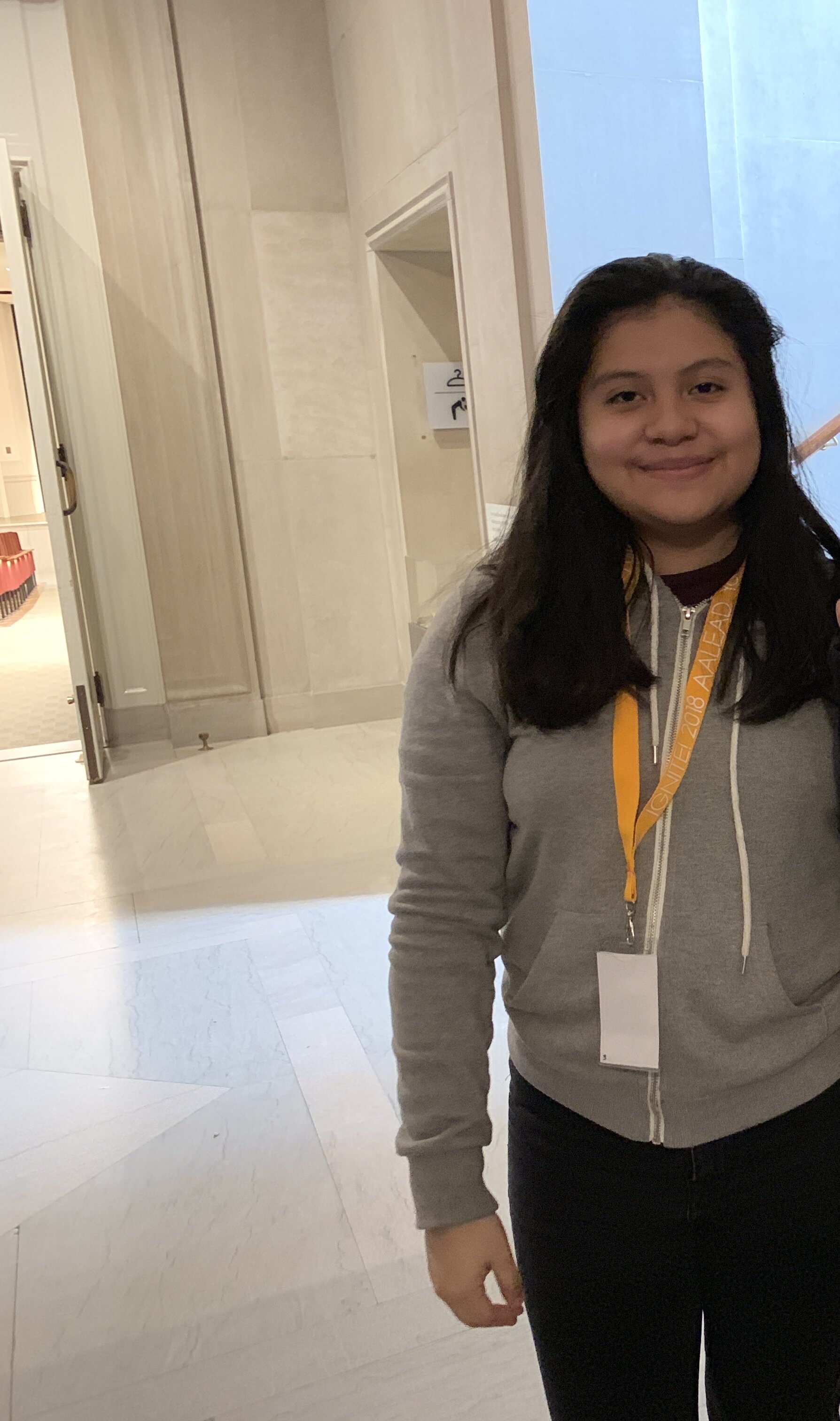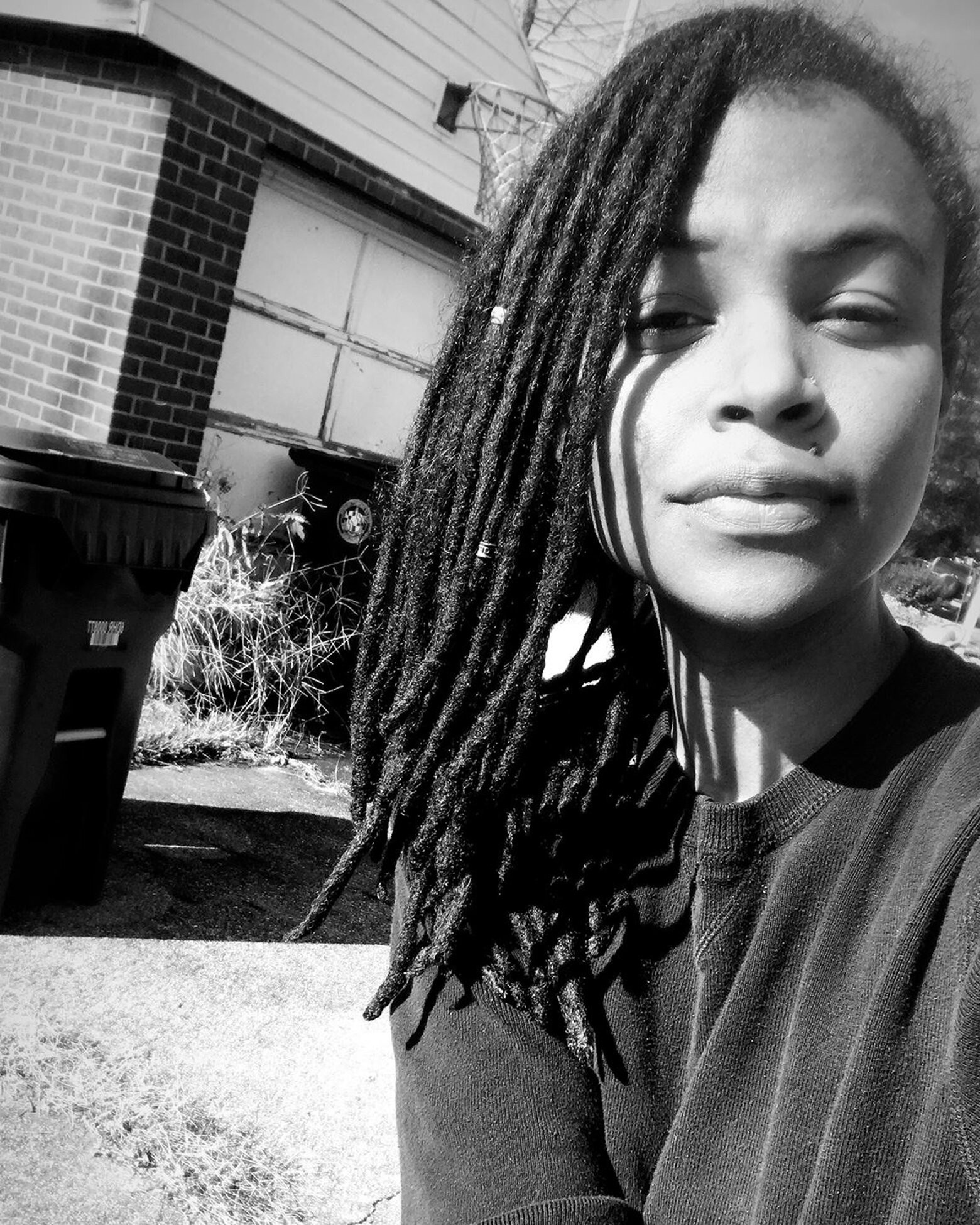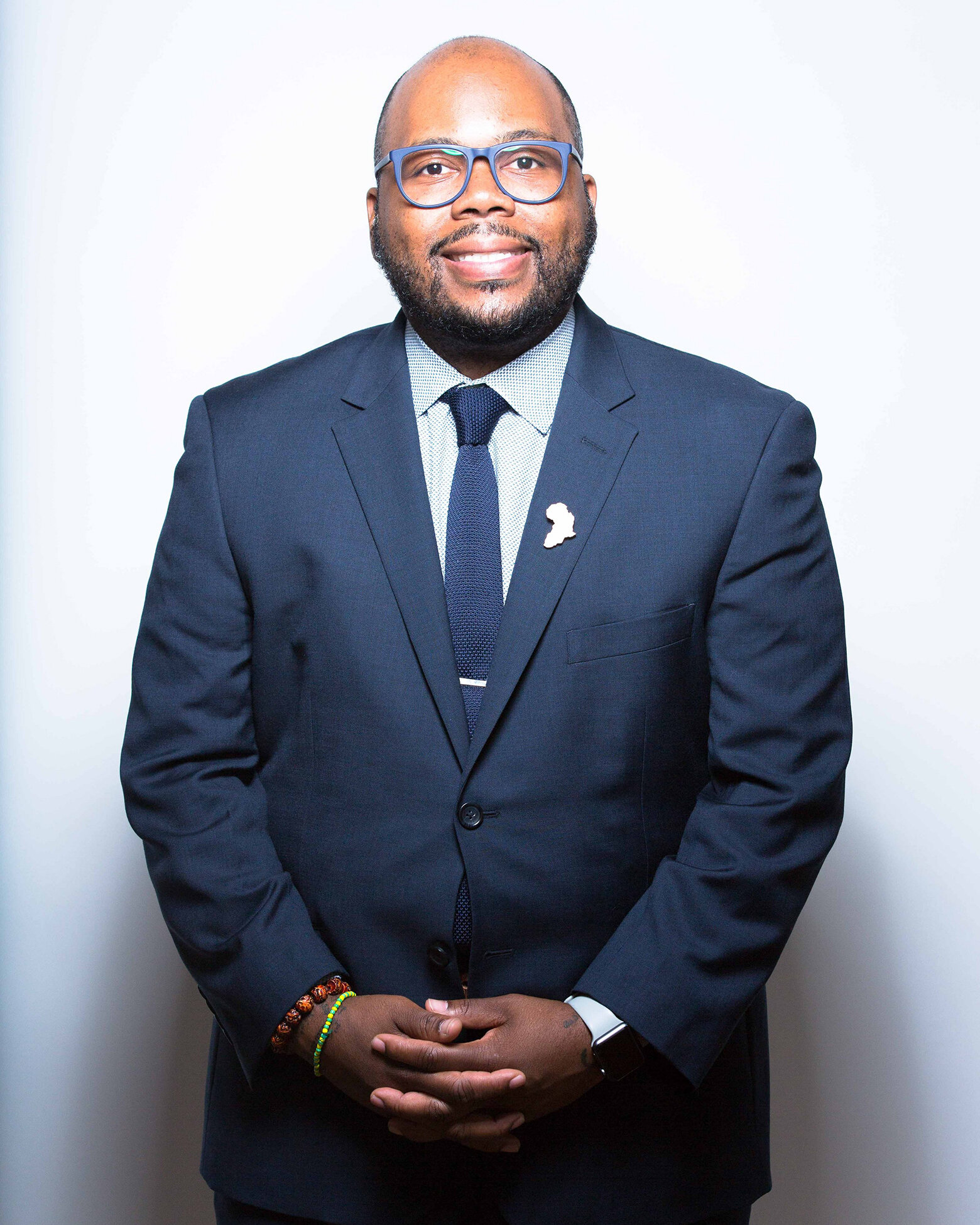The Emerging Leaders Impact Fund (ELIF), a new giving circle for young philanthropists in Prince George’s County, recently completed its inaugural cohort and culminating grant round. ELIF members – 40 young professionals from area colleges, businesses, and civic organizations – selected 5 Prince George’s County nonprofits to receive $11,500 in micro-grants to provide a broad range of services that are designed to address chronic absenteeism and high truancy rates in Prince George’s County schools.
School absenteeism, a problem that leads to learning loss and other negative outcomes, has been exacerbated by the COVID-19 crisis and the need for a transition to remote learning. Children who are chronically absent in kindergarten and first grade are less likely to be proficient readers by third grade. By sixth grade, those who miss more than 10 percent of school are more likely to drop out altogether. Frequent school absenteeism has long-term negative effects on academic performance, income, and health. The ELIF has partnered with five nonprofit organizations to address this pressing issue:
Jacob’s Ladder to support the Academic Enrichment Program that provides tutoring, basic literacy skills, one on one instructions, small group sessions, confidence building and mentoring to students that have low grades, high rates of truancy, absenteeism, suspensions, and behavioral issues.
L.E.E.P. to College Foundation to support pilot learning pods to enrich student learning, increase student engagement, and provide mentoring and emotional well-being support.
Mentoring Through Athletics to support tutoring services in mathematics, reading comprehension, and writing as well mentoring and physical activities.
S.E.A.C., Inc. (Seaton Empowering Action in the Community) to support the Math Achievers Program that provides individualized and/or small group instruction, consistent relationships between instructors and students, parental involvement, and reinforcing that learning math can be fun.
Sisters4Sisters, Inc. to support the Daughters of Destiny mentoring program for girls which provides workshops focusing on leadership skills, career mentoring, developing self-esteem and avoiding peer pressure.
Jacob’s Ladder Founder and Executive Director Jarriel Jordan, Sr. talks about the organization’s mission and its Academic Enrichment Program.
L.E.E.P to College Foundation Founder and Executive Director Lisa Rowe talks about how ELIF funding will help create an academic enrichment program.
Mentoring Through Athletics supports kids and families on and off the field with mentoring, tutoring, food support, and athletic programming.
“School absenteeism and truancy threatens to undermine our children’s success. We’re pleased to be partnering with so many great organizations to address the issue. These grants will help ensure that every Prince Georgian has the opportunities necessary to reach their full potential,” said Davion Percy, Co-Chair, ELIF.
The strength of ELIF lies not just in how many grants it awards, but more importantly in its ability to bring a diverse group of people together to learn about issues affecting Prince George’s County residents and make investments in programs that can help transform our communities.
The ELIF enrollment period is now open to all emerging leaders (45 years of age and under) and others that support the County’s future leaders. If you’re interested in joining a diverse group of passionate people who use the power of philanthropy to make a positive difference in Prince George’s County, click here to learn more about ELIF and become a member today!






